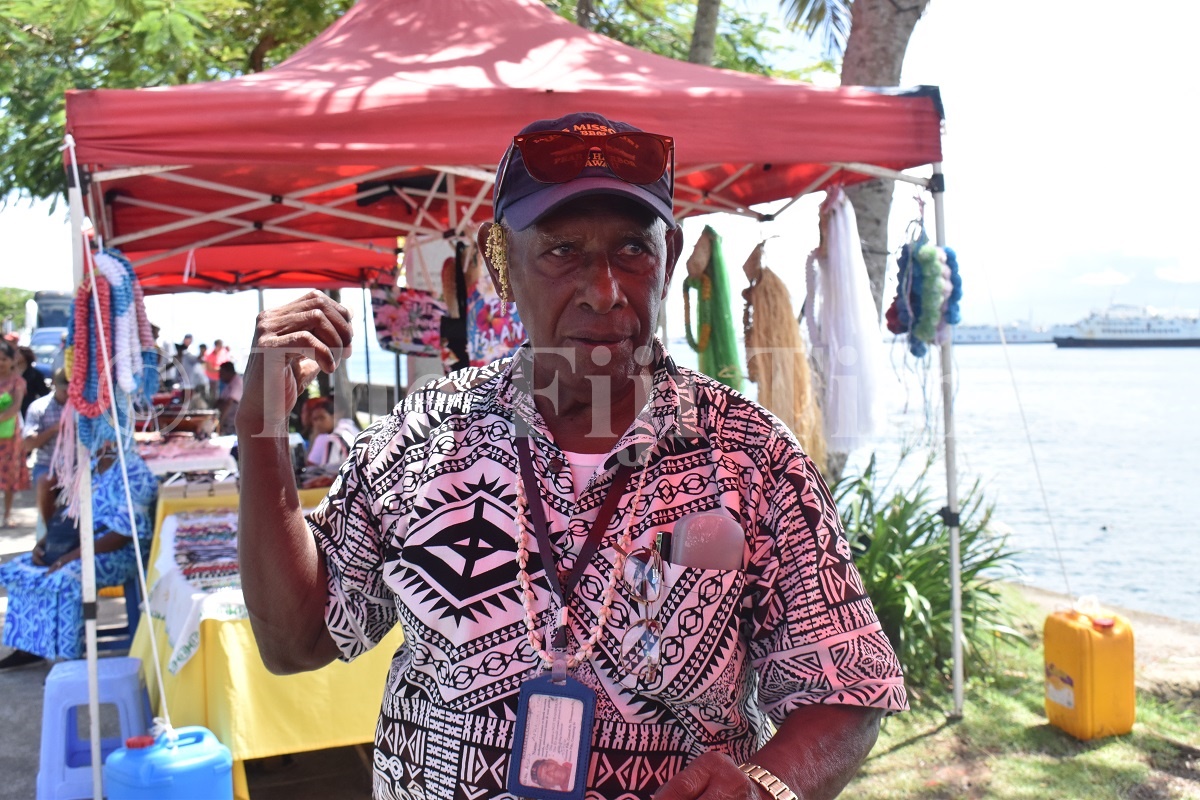On this day last year, Apakuki Tabuakuro who was the president of the Fiji Crafts and Tourist Guides Association spoke about the need for multilingual local tour guides to cater for international tourists who arrive on cruise liners.
He made a valid point when you consider the fact that quite a good number of tourists were coming in from countries that do not speak English as their main language.
The 74-year-old was among guides helping 2000 tourists who arrived on the cruise liner, MSC Poesia, which called into the port of Suva.
Mr Tabuakuro said some tourists faced challenges trying to communicate with tour guides.
There was a need, he said, for more multilingual guides for tourists coming from non-English speaking countries.
On this particular cruiseliner, tourists came from Germany, France, Italy, Canada, and Switzerland. Some spoke English, while many did not speak the language at all.
Mr Tabuakuro raised an important issue, and we raise this again in the wake of International Mother Language Day which is celebrated on February 21 every year.
The United Nations states: ‘Multilingual and multicultural societies thrive through the preservation of their languages, which serve as conduits for traditional knowledge and cultural heritage.
‘However, linguistic diversity faces increasing threats as more languages vanish. Currently, 40% of the global population lacks access to education in their native language, a figure that exceeds 90% in certain regions.
‘Research underscores the benefits of using learners’ native languages in education, fostering better learning outcomes, self-esteem, and critical thinking skills.
This approach also supports intergenerational learning and cultural preservation.’Multilingual education not only promotes inclusive societies but also aids in preserving non-dominant, minority, and indigenous languages.
It is a cornerstone for achieving equitable access to education and lifelong learning opportunities for all individuals.
‘International Mother Language Day, first proclaimed by UNESCO and later adopted by the UN General Assembly, underscores the role of languages in promoting inclusion and achieving Sustainable Development Goals.
‘Multilingual education policies, highlighted in the 2024 theme “Multilingual education – a pillar of learning and intergenerational learning”, are crucial for inclusive education and the preservation of indigenous languages.
By starting education in the learner’s mother tongue and gradually introducing other languages, barriers between home and school are bridged, facilitating effective learning.’
Leaving aside the practical function of communication, languages are like platforms for culture, history, and identity. In fact we say the day should not just be a celebration of dominant languages but should also be about cherishing endangered voices.
We emphasise the cultural and societal significance of the special day, and urge readers to look beyond just celebrating it, but also embracing the need to support linguistic diversity.
In line with the UN, we hope there will be emphasis placed on encouraging a more inclusive and sustainable world for us all.



